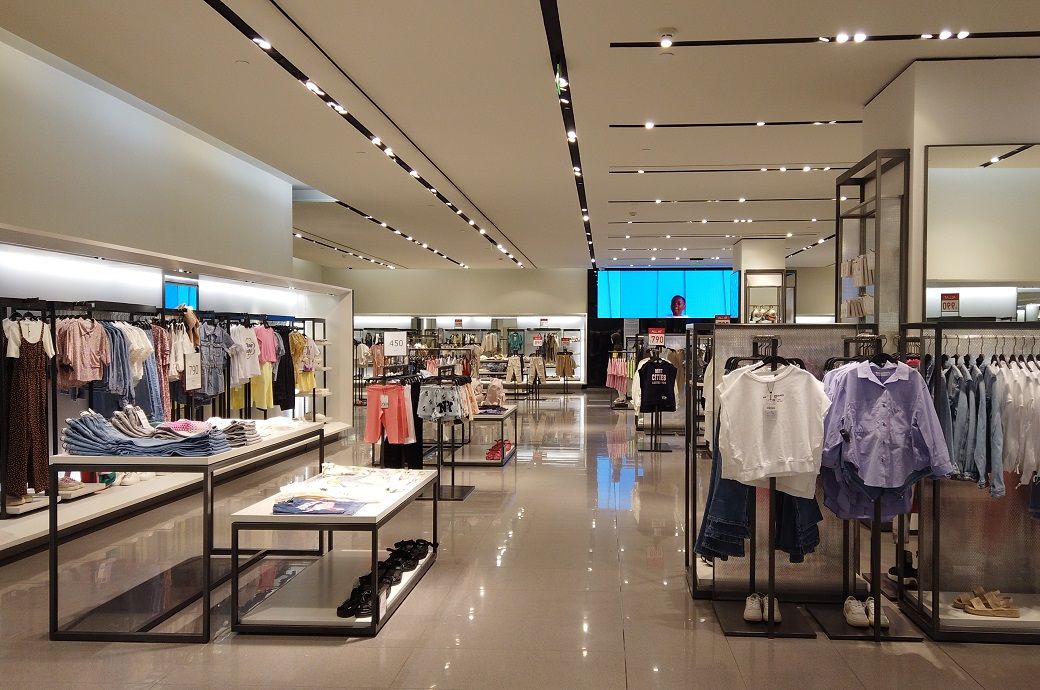
Less than 13 per cent of retail leaders surveyed state that their organisations are investing in longer-term strategies such as AI-powered solutions to tackle these challenges, with most focused on short-term fixes like increasing prices and running marketing campaigns, according to a report titled ‘Amid Uncertainty, AI Gives Retailers a Path to Resilience’ by Boston Consulting Group (BCG) and the World Retail Congress (WRC).
In response to the rising costs of goods, 55 per cent of respondents said their organisations are raising consumer prices, and 52 per cent are renegotiating with suppliers, except in Asia where the leading solution is cost-tracking and management processes.
Almost half of retailers who cited their supply chains as a top concern are trying to improve inventory management tools. Other retailers are focused on bettering vendor management, improving transportation, and diversifying their supplier base as solutions to supply chain complexity and ongoing volatility.
The study revealed that outside of Asia, most retailers were neglecting AI as a tool to provide a more personalised shopping experience to help overcome declining consumer spending. Instead, the most common approaches were investments in loyalty programmes at 45 per cent, product offering optimisation at 44 per cent, price promotions at 40 per cent, and digital customer experience investments at 40 per cent.
The report outlines the ways retailers starting their AI journeys can address their top concerns and deliver quick wins along the way. They can identify challenges the organisation faces and how AI can help solve them while creating sustainable advantages. Retailers can determine the use cases that can unlock the most business value. This focus on business value helps ensure the entire organisation is engaged in the AI project—not just the data scientists. These high-value use cases can then be prioritised based on business opportunity, feasibility, and ambition. Retailers can build, test, and iterate the technology and then scale quickly to deliver fast impact, build capability, and transform the organisation throughout the journey.
“It is clear from this research that many retailers are missing out on the potential of AI-powered solutions to address the challenges facing retailers today and create long-term resilience for their businesses,” said Ian McGarrigle, chair of World Retail Congress.
“The new, post-pandemic retail environment is more challenging, complex, and competitive than before. The vast majority of retailers are overlooking an opportunity to embrace AI-powered solutions. It is now a matter of acting today to harness this advantage to drive the business into the future,” said Tiffany Yeh, BCG managing director and partner and co-author of the report.
ALCHEMPro News Desk (NB)
Receive daily prices and market insights straight to your inbox. Subscribe to AlchemPro Weekly!